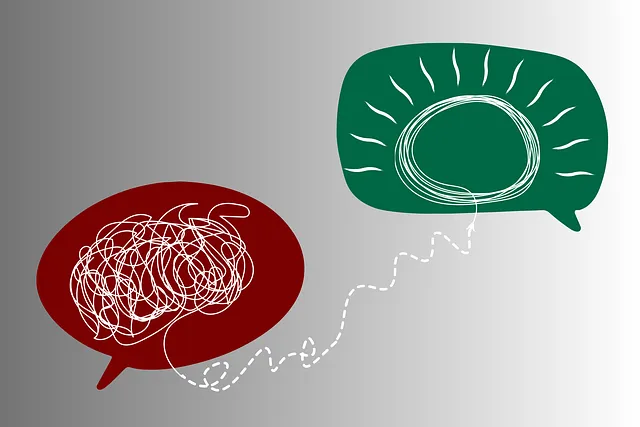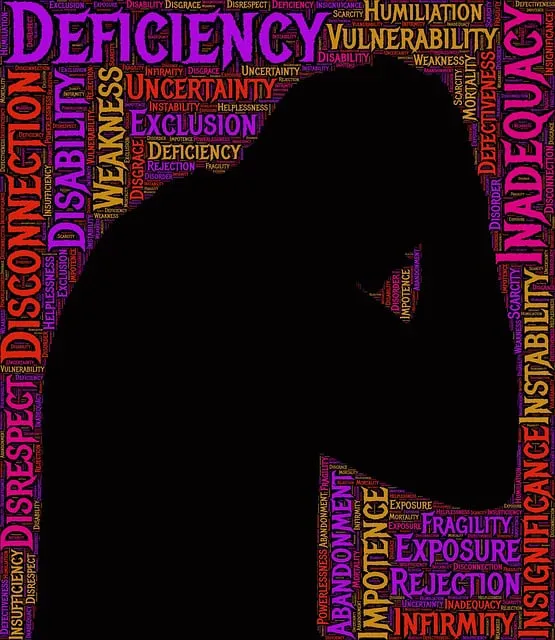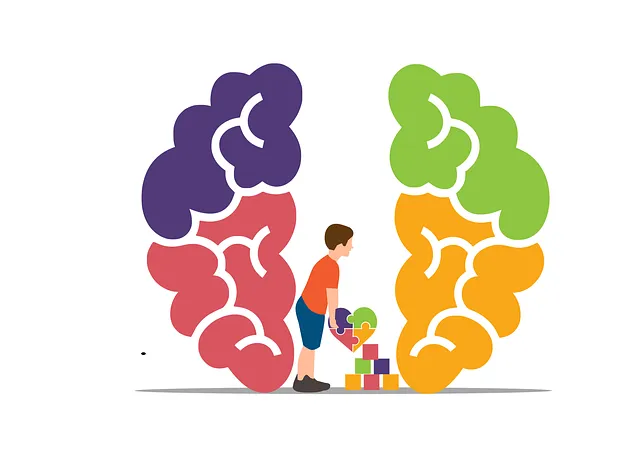In today's healthcare landscape, Crisis Intervention Teams (CITs) are crucial for addressing mental health crises promptly and effectively. Integrated into organizations like Highlands Ranch Kaiser Permanente, these teams provide evidence-based interventions and improve patient care outcomes, as evidenced by positive psychiatry department reviews. Comprehensive CIT training, including role-playing and simulations, enhances teamwork, communication, and burnout prevention for healthcare providers, fostering healthier workplaces and improved access to quality mental health services. The Highlands Ranch Kaiser Permanente psychiatry reviews underscore the transformative impact of effective CIT training in reducing stigma, building resilience, and improving community well-being.
In today’s healthcare landscape, Crisis Intervention Teams (CITs) are a vital resource for managing psychiatric emergencies. The Highlands Ranch Kaiser Permanente Psychiatry Reviews highlight effective training programs that equip professionals with the skills to de-escalate crises and provide timely, compassionate care. This article delves into the essential components of successful CIT training, drawing insights from leading practices at Highlands Ranch Kaiser Permanente, ensuring healthcare providers are prepared to navigate complex situations with empathy and efficiency.
- Understanding Crisis Intervention Teams: A Necessary Resource in Healthcare
- Highlands Ranch Kaiser Permanente Psychiatry Reviews: Unveiling Effective Training Programs
- Essential Components of Successful Crisis Intervention Team Training
Understanding Crisis Intervention Teams: A Necessary Resource in Healthcare

In today’s fast-paced healthcare environment, Crisis Intervention Teams (CITs) have emerged as a crucial resource to address acute mental health crises effectively. These specialized teams, often comprising psychiatrists, psychologists, and trained support staff from Highlands Ranch Kaiser Permanente, play a vital role in providing immediate, evidence-based interventions for individuals experiencing severe distress or suicidal ideation. By integrating CIT training into healthcare practices, organizations like Kaiser Permanente prioritize burnout prevention among their mental health professionals while enhancing patient care outcomes.
The design of effective CIT programs involves comprehensive Mental Health Education that equips team members with the knowledge and skills to de-escalate high-risk situations. This includes rigorous training in social skills, communication strategies, and crisis management techniques. For instance, Highlands Ranch Kaiser Permanente psychiatry reviews consistently highlight the positive impact of such programs on both staff resilience and patient satisfaction. Ultimately, investing in Crisis Intervention Team training is a proactive step towards fostering healthier workplaces and improving access to quality mental health services for all.
Highlands Ranch Kaiser Permanente Psychiatry Reviews: Unveiling Effective Training Programs

Highlands Ranch Kaiser Permanente psychiatry reviews highlight the importance of comprehensive crisis intervention team training programs. These reviews underscore the significant impact of effective training on improving patient outcomes and community well-being. By focusing on building resilience, mental illness stigma reduction efforts, and inner strength development, these programs equip teams with the necessary skills to navigate complex situations with compassion and professionalism.
The Highlands Ranch Kaiser Permanente psychiatry reviews further emphasize that quality training goes beyond technical knowledge. It fosters an environment where team members feel supported, enabling them to recognize and respond to crises more effectively. Such initiatives not only enhance individual coping mechanisms but also strengthen the overall community’s ability to handle mental health emergencies, ultimately leading to a healthier and more resilient society.
Essential Components of Successful Crisis Intervention Team Training

Effective crisis intervention team (CIT) training is a multifaceted process that involves several key components to ensure success. Firstly, comprehensive training should cover various scenarios and techniques for managing different types of crises, from mental health emergencies to suicide prevention. This includes role-playing exercises and simulations to familiarize team members with real-world applications, as highlighted in high-quality psychiatric reviews like those from Highlands Ranch Kaiser Permanente.
Additionally, the program must emphasize the importance of teamwork and communication among CIT members. Regular team drills and debriefings facilitate coordination, ensuring everyone is prepared to respond effectively. Incorporating depression prevention strategies, community outreach program implementation, and burnout prevention techniques for healthcare providers are also vital aspects that contribute to a robust training curriculum. These elements collectively equip teams with the skills needed to handle crises promptly and compassionately while mitigating potential risks of psychological distress among team members.
Crisis intervention team (CIT) training programs, as highlighted by the insightful Highlands Ranch Kaiser Permanente psychiatry reviews, are invaluable assets in healthcare. By equipping professionals with the necessary skills and knowledge, these programs foster effective CIT responses during crises. Incorporating evidence-based practices and focusing on key components like communication, de-escalation techniques, and cultural sensitivity, ensures that teams are prepared to handle diverse situations. The Highlands Ranch Kaiser Permanente reviews serve as a valuable guide, emphasizing the importance of rigorous training for improved patient outcomes and enhanced mental healthcare services.






